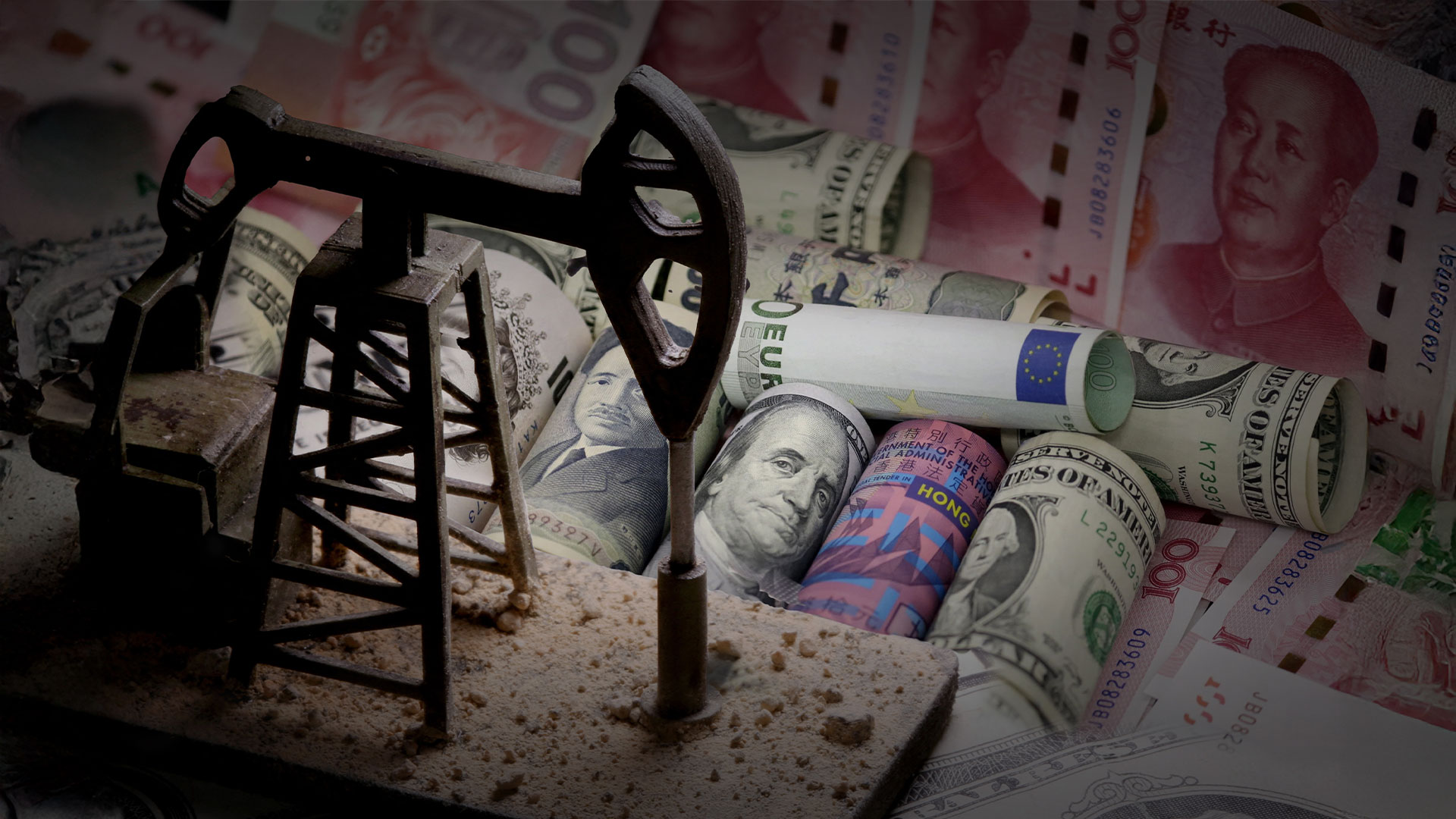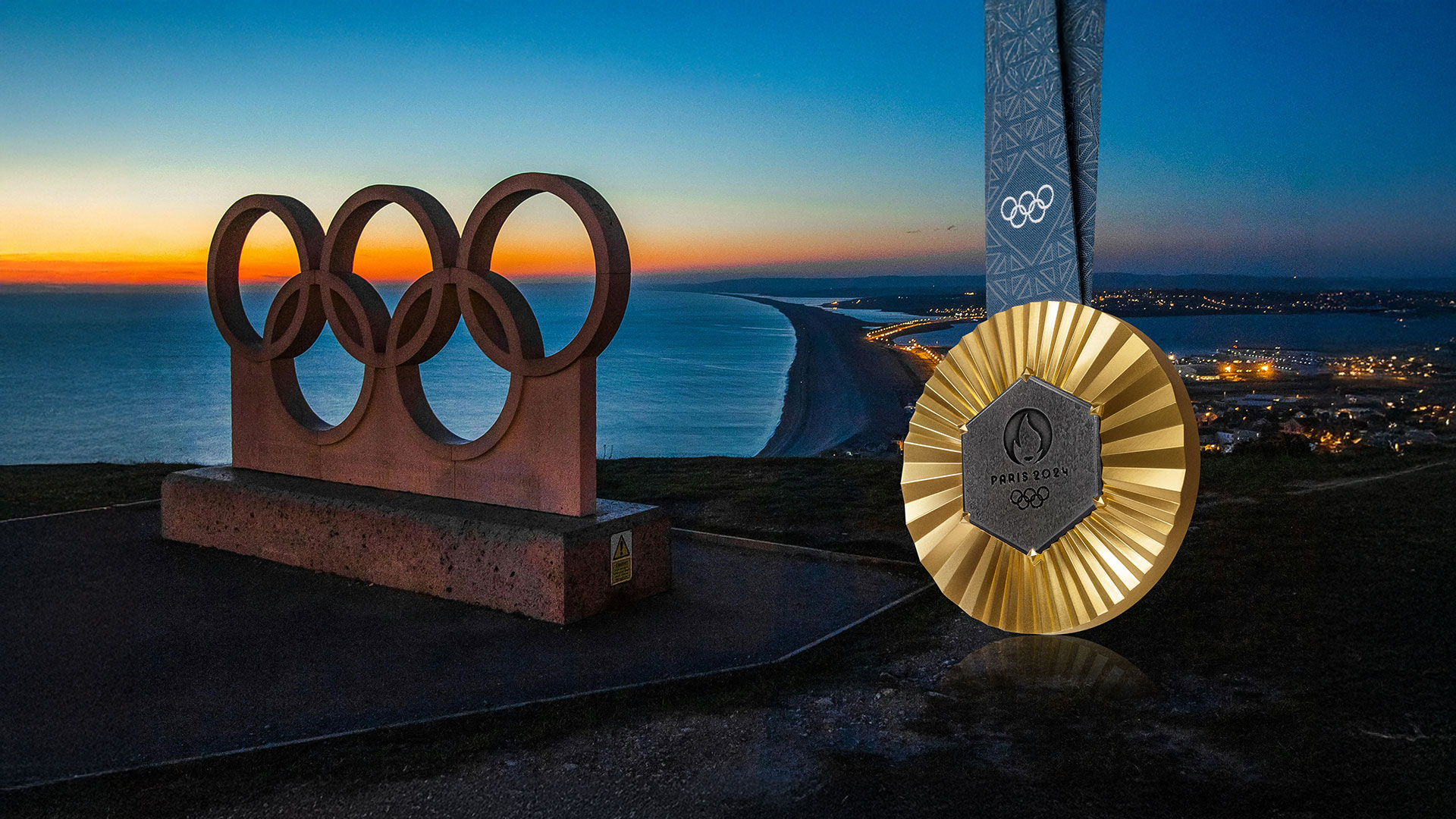
Olympic Gold: Rewarded by cash incentives and sponsorship deals, today’s champions can run straight to the bank
Standing highest on the podium to receive an Olympic gold medal is the achievement of a lifetime, stirring up feelings of supreme pride and fulfilment. It can also bring immense financial rewards, as well as personal and social benefits that are beyond monetary calculation. But just how financially enriching is Olympic glory?
As the joyous celebrations of the Paris Olympics fade into memory, it is worth considering that in many places around the world, especially Asian cities like Hong Kong, building a career based on unconventional activities like sports in the headlong pursuit of Olympic triumph was once frowned upon. But Hong Kong’s success in the last two Games, in 2021 in Tokyo and now Paris, especially in fencing, has meant many parents now question this dogma and encourage offspring who want to pursue dreams of sporting glory.
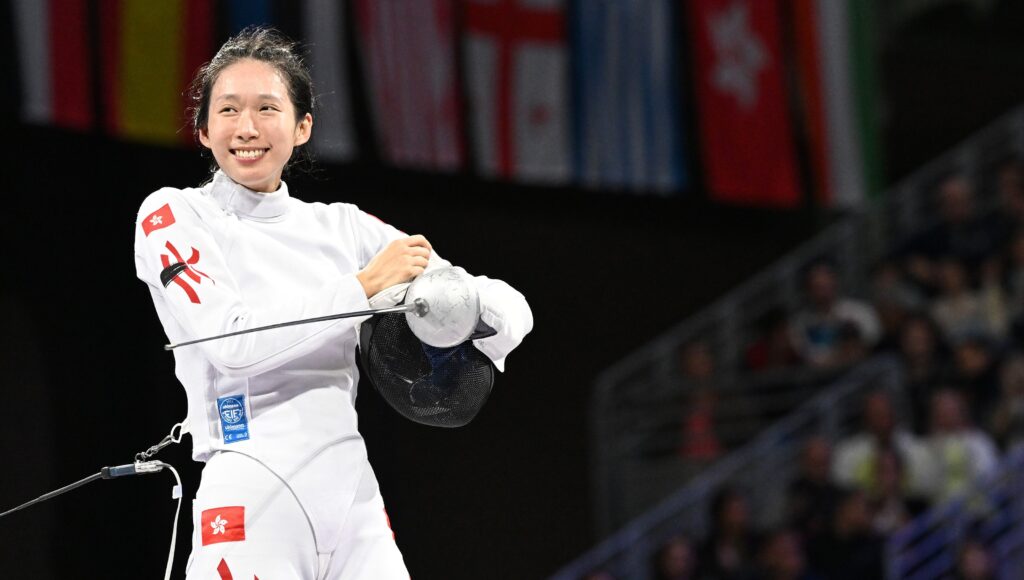
Those that do so received a tremendous boost when the Hong Kong Jockey Club announced just prior to the Paris Olympics that it had increased its cash rewards to high-performing athletes representing Hong Kong, China. Payments from the Jockey Club Athlete Incentive Awards Scheme rose by 20% for both teams and individuals compared to the Tokyo Games. This meant that Hong Kong’s two gold medallists, Edgar Cheung Ka-long and Vivian Kong Man-wai, each received HKS6 million. Handouts were scaled down successively according to finishing position, with those placed from fifth to eighth receiving the lowest amount of HK$375,000.
Gifts for glory
Hong Kong athletes were in the enviable position of being some of the best earners at the Olympics. Indeed, foil champion Cheung reportedly received an additional HK$3 million through the Outstanding Athletes Incentive Awards Scheme of his alma mater, Lam Tai Fai College, after defending the title he had won in Tokyo.
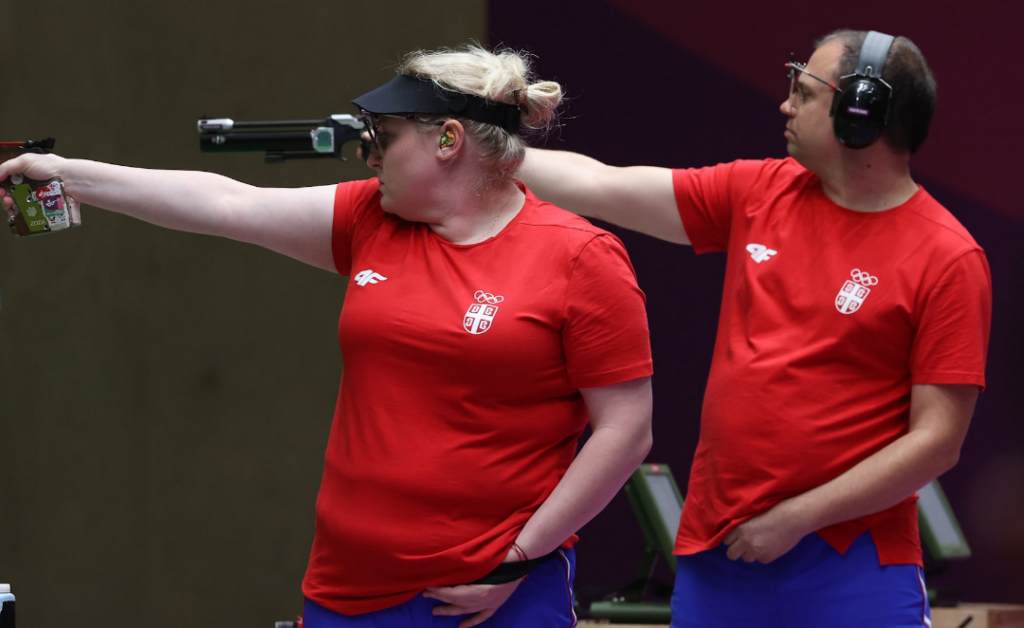
Rewards offered by countries to incentivise their athletes participating in the greatest athletic show on earth varied considerably. Singapore badminton star Loh Kean Yew’s exit at the quarter-final stage cost him a possible golden payout of SG$1 million (about HK$5.8 million), a sum just shy of Hong Kong’s top reward. Serbia and Malaysia offered considerable cash incentives to reach the centre podium as well as the carrot of a lifelong pension. Thus, Serbia’s Zorana Arunović and Damir Mikec, following their success in the 10m air-pistol mixed team event, will be the lucky recipients of their national pension when they reach the venerable age of 40.
Lifetime of ice cream
All those years of unending training and physical exertion will certainly be worthwhile for gymnast Carlos Yulo of the Philippines, who won two gold medals in Paris. His list of rewards seems almost endless: a generous cash prize mandated by law; the Senate Medal of Excellence; gifts of condos and houses from big business and property agents; free flights with Philippine Air; shopping perks; a lifetime of free pizza from Pizza Hut and ice cream by Dairy Queen; a Land Cruiser Prado from Toyota; and even three personalised gold bars gifted by a pawn shop. Filipino band Moonstar88 have also promised to play at his wedding.

To put these rewards into context, sporting nations like Great Britain, Sweden and Norway do not offer their athletes any financial incentives for winning gold at the Olympics. It is expected, though, that such success will lead to other opportunities for making money through brand sponsorships and partnerships.
Increased marketability
According to Tom Potter, CEO of Rush Sport & Entertainment, the marketability of sports stars depends on a combination of their association with a popular sport, their individual qualities, excellence in performance, and sometimes personal aesthetics. “The dynamics of these relationships can change based on the athlete’s performance, public image and the evolving landscape of sports and marketing,” he says.
Though not referring specifically to Olympic triumph, Potter believes sporting success is bound to inflate the marketability of an athlete. “The individual qualities of a sports star, including their sporting excellence and fair play, may contribute significantly to their marketability. Fans admire and respect athletes who excel in their respective sports, and these qualities can enhance the positive image of a brand associated with them,” he says, adding: “While it’s not a strict requirement, reaching a high level of excellence often increases a sports star’s appeal to brands.”
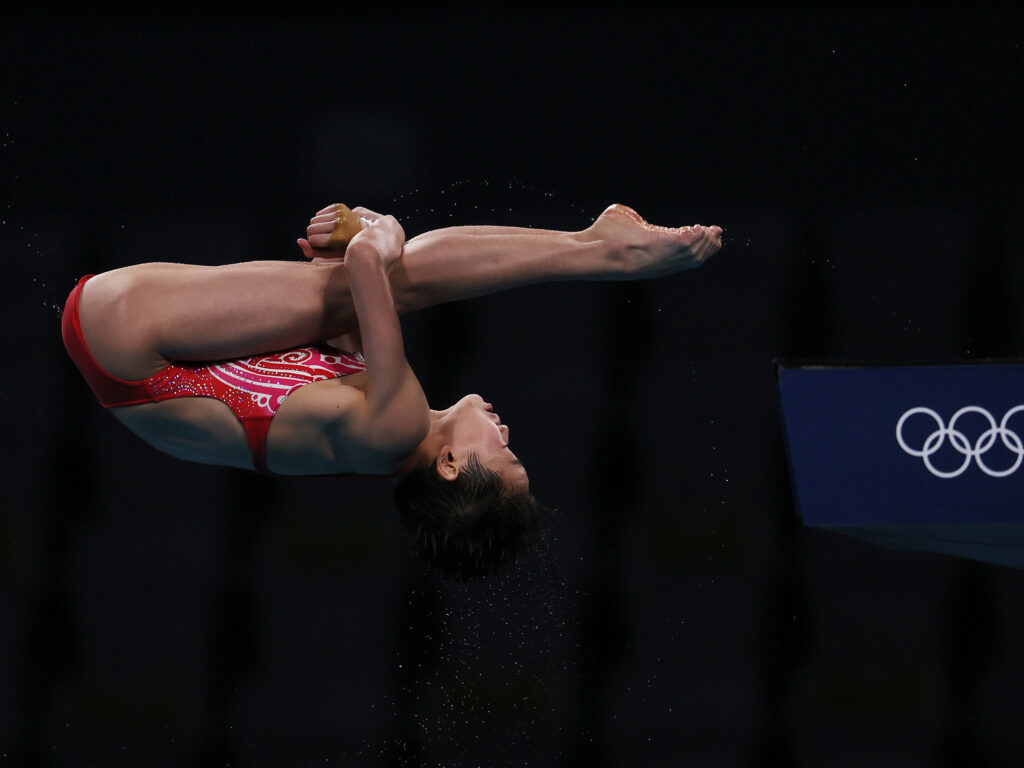
China’s teenage diving sensation, Quan Hongchan, already has an estimated net worth of between US$1.5 million and US$2 million. This year’s successful defence of her Olympic crown added to her wealth – including a reported 450,000 yuan (US$63,700) from the sale of the car she was awarded. Her rise to stardom has been meteoric, and her earning potential will surely rocket as leading brands seek to tap into her reflected glory.
Generally speaking, athletes who consistently perform well, break records or achieve remarkable feats tend to attract more lucrative sponsorship deals. Interestingly, those who do not win but have other qualities can also strike valuable brand-association deals. They may be loveable underdogs with big personalities or possess real character, and despite not being great champions, add entertainment value to the sport and have a strong fanbase.
Endorsement queen
Some stars have struck short-term deals with major brands to capitalise on this festival of sport, such as US gymnast Simone Biles who joined hands with Uber Eats for the Tokyo Olympics. “This allowed Uber Eats to capitalise on Biles’ popularity and relevance during key moments, without committing to a long-term arrangement,” says Potter.
This is on top of her slew of multi-year endorsement deals with major brands like Athleta, the Gap-owned athletic apparel line she jumped to from previous sponsor Nike in 2021. These are companies that are keen to forge a deeper connection with a sportsperson, thereby fostering authenticity. Such endorsements far exceeded the estimated US$100,000 Biles pocketed directly from gymnastics last year; according to Forbes, she landed US$7.1 million in total earnings in 2023.
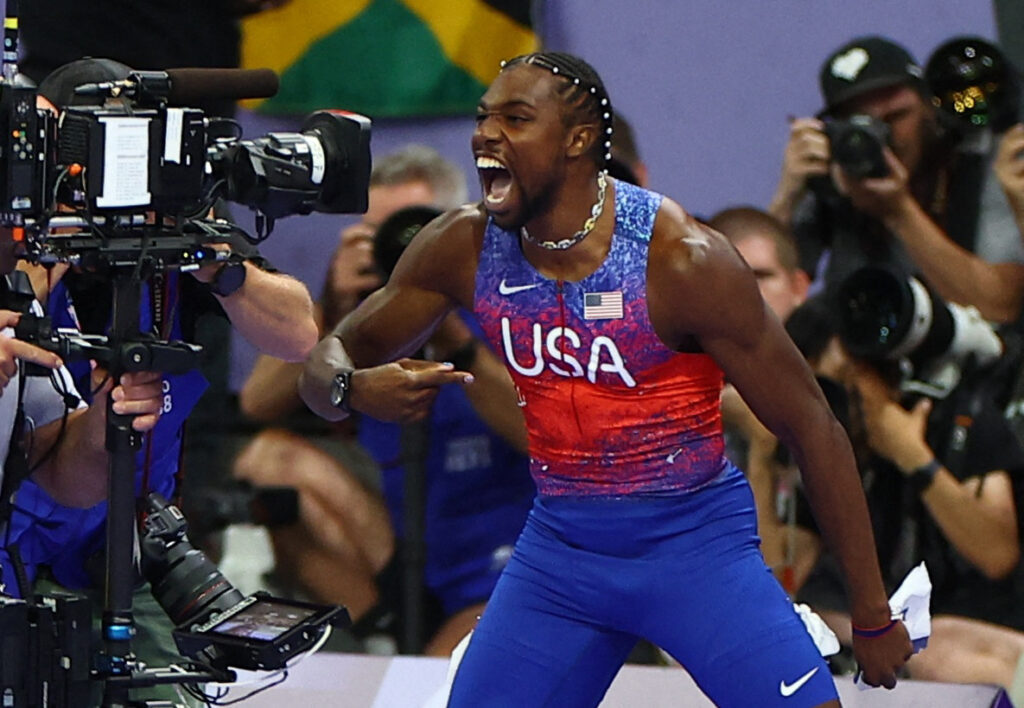
While financial success is no doubt welcomed, the gymnastic idol has subjected herself to mental anguish and sacrifices in the pursuit of glory. In Tokyo on a vault routine, she could not sense up from down and withdrew from her remaining apparatus events. She has since been candid about her mental health, revealing that she sees a therapist once a week. In Paris, she won a further three gold medals to add to her collection.
Other stars, such as US sprinter Noah Lyles, have talked about the pressures of being a top-tier athlete. Lyles said he suffered from depression during the pandemic. But after a disappointing performance in Tokyo, he recovered sufficiently to achieve gold in the 100 metres in Paris.
Athletic presence
In a Forbes’ list of the highest-paid athletes at the Paris Olympics, it was those in mainstream sports such as basketball, tennis and golf that dominated the rankings. The richest is billionaire LeBron James, whose annual endorsements top even his hefty NBA salary of some US$50 million a year.
Athletics, which gains such prominence during the Olympics, perhaps lacks visibility outside this elite occasion. The Financial Times revealed moves are afoot to raise its profile beyond the Games and increase the number of high-paying meets. If there is not a path to a good living, some sports will struggle to attract the best athletes, indicated one insider.
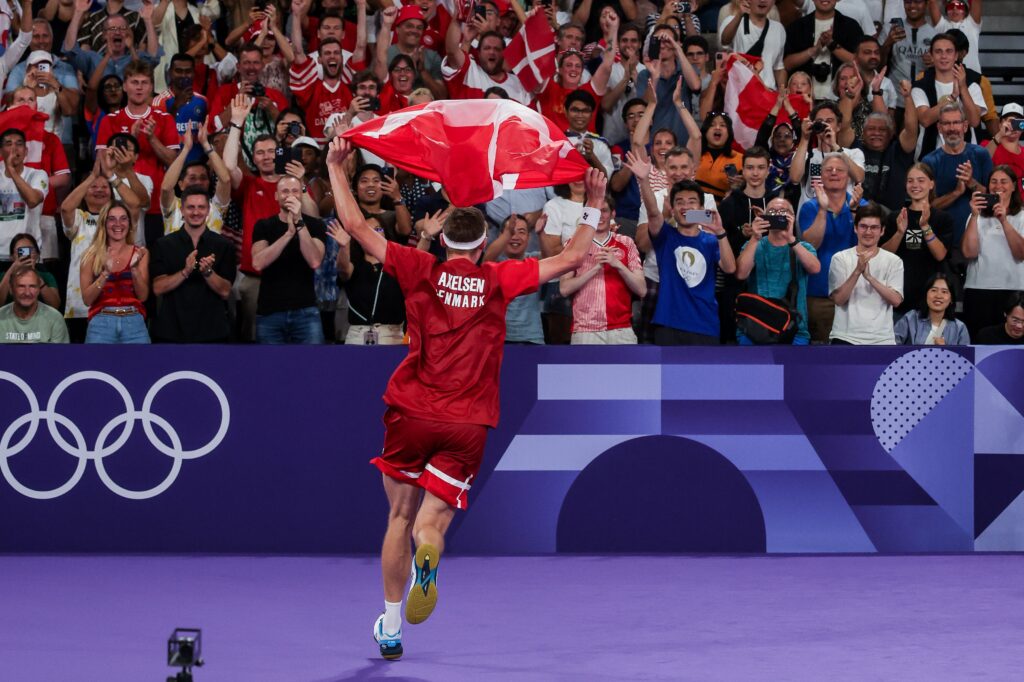
Two-time Olympic badminton champion Viktor Axelsen echoed these sentiments at the Hong Kong Open last month. The Dane said he would be the cheerleader to give the sport greater global attention outside the glare of the Olympics.
Riches & rewards
Another issue is funding of athletes to train and be ready to compete at the highest level. In Hong Kong, there has been much debate about increasing the financial support offered and improving the governance of sports associations. Local badminton star Lee Cheuk-yiu has called for more attractive annual remuneration packages to help aspiring Olympians make ends meet.

Ultimately, to become an Olympic champion, and achieve the riches this accrues, requires an impressive mental and physical toolbox. Aside from the lottery of life determining which nation you represent, the amount an athlete can earn depends on a whole range of factors. Endorsements and personal brand development are the real goldmine, but gaining recognition through sport can also deliver education and employment opportunities.
Some athletes like to give back, such as épée gold-medallist Kong, who aims to set up a charity with her winnings to promote sports development in Hong Kong. She is someone who undoubtedly knows the sacrifices and tough mentality needed to make it to the top of the sporting money tree.






